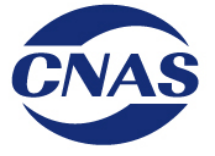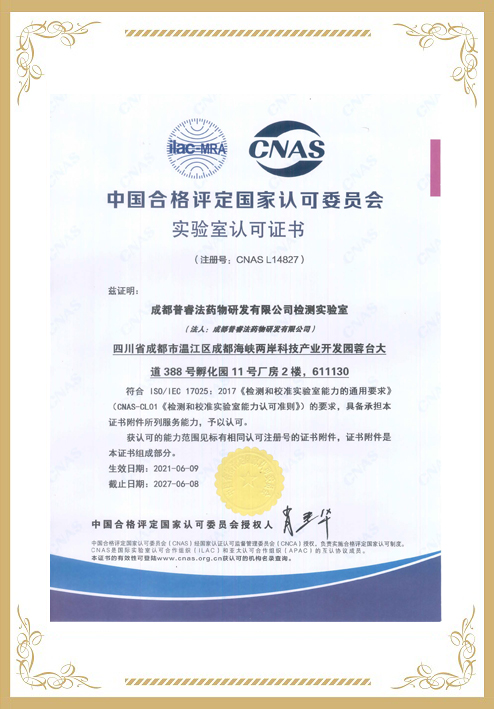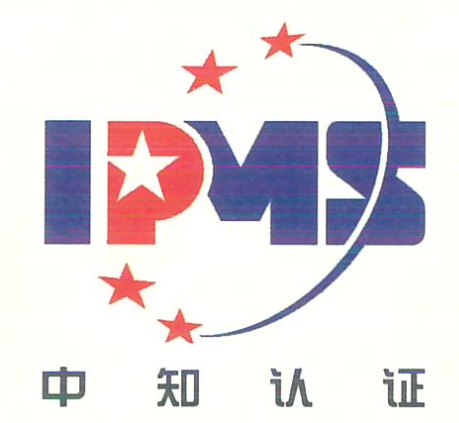BACKGROUND: Acute kidney injury (AKI) is one of the most common complications in clinic, but there is still no effective treatment. Oridonin, extracted from Rabdosia rubescens, has been identified to promote inhibitory effects on tumor, inflammatory and fibrosis by previous study. This study aimed to assess the kidney-protective role of Oridonin in AKI and the underlying mechanism by which Oridonin improves AKI in vivo and inhibits inflammation in LPS-induced bone marrow-derived macrophages (BMDM) in vitro.
MATERIAL AND METHODS: SPF C57BL/6J male mice (8 - 10 weeks old, body weight 20 - 25 g) were divided into 3 groups - sham group, AKI group, and Oridonin-treated AKI group - with 6 mice in each group. In the in vitro study, LPS-induced inflammatory BMDM cells were treated with Oridonin and agonist of AKT. The expression and secretion levels of inflammation-related indicators and AKT-related signaling molecules were detected by real-time PCR, ELISA, Western blot, and immunofluorescence. Also, various methods are used to assess renal function and pathological changes.
RESULTS: The results showed that Oridonin treatment significantly improved the serum creatinine and BUN levels in AKI mice. Interestingly, treatment with Oridonin also resulted in decreased the infiltration of macrophages in renal tissues of AKI mice, which was associated with decreased expression and activation of AKT and its related signaling pathways, such as NF-kappaB and STAT3, suggesting that Oridonin attenuates AKI kidney injury via a mechanism associated with reducing the inflammatory response of macrophages in the AKI kidney. This was investigated in vitro in macrophages, and the results showed that Oridonin reduced the LPS-stimulated inflammatory response in macrophages. Mechanistically, the addition of Oridonin reversed LPS-induced downregulation of AKT, NF-kappaB, and STAT3 expression and inflammatory response in macrophages, suggesting that Oridonin has a protective role, via the AKT-related signaling pathways, in reducing the inflammatory response of macrophages in AKI mice. This was further confirmed by adding agonist of AKT of IGF-1 to block the inhibitory effect of Oridonin on inflammatory response in vitro.
CONCLUSIONS: Oridonin ameliorates AKI kidney injuries by suppressing AKT-mediated inflammatory response of macrophages.
Keywords: acute kidney injury, Inflammation, Macrophages, Proto-Oncogene Proteins c-akt, Reperfusion Injury
… 55). Chemicals and reagents Oridonin (purity >98%) was purchased from Biopurify (Chengdu, China). The antibodies of p-NF-KB, p-AKT, p-STAT3, p-iKBa were purchased from Cell Signaling Technology (Beverly, MA, USA) …























